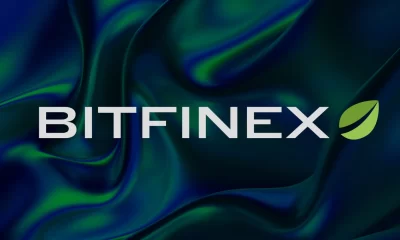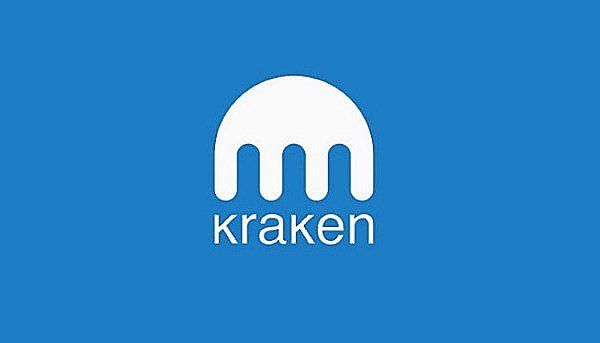Business
Swiss regulator forces crypto-friendly FlowBank into bankruptcy
FlowBank, a Swiss-based cryptocurrency firm, has been forced into bankruptcy following a series of banking failures. This development highlights the challenges faced by crypto businesses in navigating the traditional banking system and underscores the need for greater clarity and cooperation between the two sectors.
-

 Business1 week ago
Business1 week agoBitcoin mining stocks rocket 24% on macro climate, AI play: Analyst
-

 News7 days ago
News7 days agoFTX estate sues KuCoin to recover over $50M in assets
-

 Business7 days ago
Business7 days agoBhutan gov’t moves $66M of Bitcoin stash to Binance as price tops $71K
-

 Business1 week ago
Business1 week agoGemini crypto exchange receives preliminary approval in Singapore
-

 Business1 week ago
Business1 week agoApple rolls out Apple Intelligence, but fails to wow AI crowd
-

 Business1 week ago
Business1 week agoMeta is reportedly building its own AI-powered search engine
-

 Business1 week ago
Business1 week agoBitcoin hits $70K amid huge ETF inflow streak
-

 Business1 week ago
Business1 week agoCoinbase to sponsor NBA team in aftermath of FTX collapse































